Hello writer Nguyen Ngoc Tu. What does drift mean to you?
Ah, I believe that drifting has been with me all along, from my first works until now! It's just that sometimes it's light, sometimes it's strong, sometimes it's thin, sometimes it's prominent. If from the moment I was born I was in the movement towards death, now I want to "see" it, to grasp it. This topic is broad - the proof is that with my limited ability, I've been writing forever without finishing - for example, while we're talking like this, we're also drifting!
The nature of drift and the call of the horizon are very elusive, almost metaphysical things. Why did you choose to pursue such a challenging, difficult subject?
For a writer, if you really want to put your pen to work, no topic is too difficult (laughs). In the face of difficulty, I realize my limitations, but on the contrary, I also see how much I can expand and expand! But if you live in my hometown, you will see that everything that happens here mostly happens on the surface. People, rivers, weather, fish, plants… everything is easy to grasp, if you pay attention…
The drifting on both the surface and the inner self as you mentioned above is the law of motion of life. If it were the law, people should feel comfortable with that choice. But why are the invitations to bring young people to the city, to bring old people back to their hometowns... in The Call of the Horizon so lonely?
I think it’s because we often don’t know enough, don’t know how to be satisfied, don’t know how to be content with what we have. I don’t judge good/bad in always feeling like something is missing. But I find the opportunity of a writer in that, if human hunger is endless, is unfillable. That void is where I can plow.
Long lines of readers waiting for writer Nguyen Ngoc Tu to sign autographs last April in Ho Chi Minh City - PHOTO: PHUONG NAM
You just mentioned the word "plowing". The call of the horizon is like the hot land that you plow, because it shows your special interest in society, from climate change, population structure change to fast, cold lifestyle on social networks... With your secrecy, people often think that Nguyen Ngoc Tu only lives her own life. But it turns out that you are also interested in current events?
I am also a normal person, living right on this earth, not in the clouds! In the morning, when I go to the market and meet the women selling fish and vegetables, I also bring back a lot of information. The reality of the village, family, and relatives also breathes its hot breath on me, no matter how far back I have retreated. But after all, if I have a rich imagination and the ability to empathize, then there is no need to "throw the whole thing" into the flow of life, just standing on the shore, I can also observe and grasp its shape, color, and taste...
You just mentioned your hometown. It seems that from the river delta and the realistic writing style in the beginning, people are seeing you talk more about universal issues with a newer, more experimental writing style?
Actually, when I write, I don't aim at any region, area, or continent. I just try to do one thing well: "At least there's something new". I myself am the target. Look at myself to step over my own shadow. If I can't do anything with the writing style that is like my own flesh and blood, then at least there's something searching and fresh in the storytelling technique!
You said you only tried to do one thing well: "At least there's something new." This "new" can be expressed by the fact that in Troi , the characters are placed in special situations, have special behaviors, and are heavily fictional. Meanwhile, Voice of the Horizon is very real, very real. Are you separating two separate paths: novels and short stories will be for art; and essays will be for life?
Saying that is too theoretical. I haven't even thought about what I'm "in" for. But as you, or many readers, can clearly see, my books are divided into two distinct lines: I write to make money and I write for myself, for the things I like. The things I like are too vague, sometimes readers can't stand it!
With those two genres, what are your writing habits? It seems like there is an interplay between these two genres in terms of release time. Do they support each other in the writing process?
"My favorite person" comforts me after a series of writing for... money (laughs). But that doesn't mean I don't value the things I write to earn a living. I'm even grateful for them. Honestly, readers love me and sympathize with me thanks to those works. It's just that sometimes writing is too hard, I wish I could always write in my own secret joy.
Nguyen Ngoc Tu's latest work - PHOTO: Publishing House
People often say that writers need inspiration to write good books. When you start working on projects to "make a living", do you ever feel discouraged because it's not what you "want to write"?
It's not that I'm bored, or that I don't want to write. In fact, if I didn't want to, I wouldn't write a word. Writing for a living has its joys. "I like it" is a way of saying it, like being free to write without having to worry about things outside myself, without even caring about the so-called genre. Honestly, for me, the genre is not as important as how I write.
There are many writers in the world who set very high standards for their works. They do not accept releasing substandard works. While you do not hesitate to divide your creative self into two halves for a rather... pragmatic reason. Do you ever worry about a literary heritage lacking unity?
The question is, what is considered "standard"? I don't think I write anything below standard, at least standard on my part. What I care about is the state of writing, between freedom or constraint, compromise or not. I think it's too early to talk about literary legacy. I haven't stopped writing yet! And most importantly, it's hard to know what will survive, stay after the test of time.
Translated works of Nguyen Ngoc Tu - PHOTO: TRE Publishing House
As you said: "Look at yourself to step over your own shadow", this shows that you are a rational writer. Does reason ever resist emotion in your writing process?
Writing is a work of reason, for me it is! I also believe that true literary workers do not have the so-called emotions. Ideas can come out, but to express them in words, there is a whole process of arrangement before and after.
Is this the reason why your essays are so strange because they are not just the author's subjective feelings, but also have a plot, and can stand alone as a short story?
That's because I also want to find a way to make my essays new! But this is a genre that is very difficult to innovate because it sticks too tightly to the "belt" of reality and the writer's mindset. I feel cramped when writing a genre that requires me to constantly expose my emotions, instead of just coldly describing life's problems. When I was writing the manuscript of The Call of the Horizon , I thought that maybe this would be my last essay book, since I hadn't thought of any other writing style...
Some outstanding works of Nguyen Ngoc Tu - PHOTO: TRE PUBLISHING HOUSE
Is that also the reason why you haven't returned to the novel field for a long time after Chronicle of the Country ?
I haven’t found an idea that’s long enough to go the distance – that’s the most important reason. Time is also an issue. Not just writing time, but also incubation and waiting time. It has to be enough to nurture something more complex, multi-dimensional, more linear. And uncertainty too, because like planting a fruit tree, watering it for years may not necessarily produce the flowers you want. Writing a novel for me is a process of walking in the fog, everything only becomes clear when the work is finished.
Reading your recent works, we can see that you have experienced a lot of literary quintessence, from Olga Tokarczuk, Wu Ming-yi to Gabriel García Márquez, WGSebald... and many more. What have you learned from these great writers?
The most important thing is storytelling technique. Writing style is also important. Actually, I read a lot, but there are also many "big names" that I just admire, but cannot apply to writing. The world is so vast, but not everything is for me. But the most important thing is inspiration, good books that make me want to work, sit at the desk and write.
Last year , Chronicles of the Country was translated into English and won a translation award. Previously, your book was also translated into French, German... How do you feel when your book is now published abroad? Does a wider readership affect the way you write?
Having more readers is good. I think so. Who those readers are and what country they are from is not important. When I sit down to write, I rarely think about who I am writing for or what kind of readers I am. After many years of working, I still maintain the idea that my job is to write, everything else is up to fate.
You also received the Tianchi Literary Award (China) in 2024. The award honors your creative process, but does it also put pressure on you?
Not really. I also consider awards as fate. Except for a few early awards that I submitted my work for myself, later awards came unexpectedly, from places I never thought of. That’s why I believe even more that hiding in a corner of my house and writing is the only thing I should do (laughs).
When do you plan to return to fiction and are you working on any other works?
Well, I'm writing without knowing whether it's a novel or not. I'll only know for sure at the end. Even if it's not, I won't regret it, because why should it be a novel?
Author: Tuan Duy
Source: https://thanhnien.vn/nha-van-nguyen-ngoc-tu-viec-cua-minh-la-viet-moi-thu-khac-tuy-duyen-185250706083327367.htm





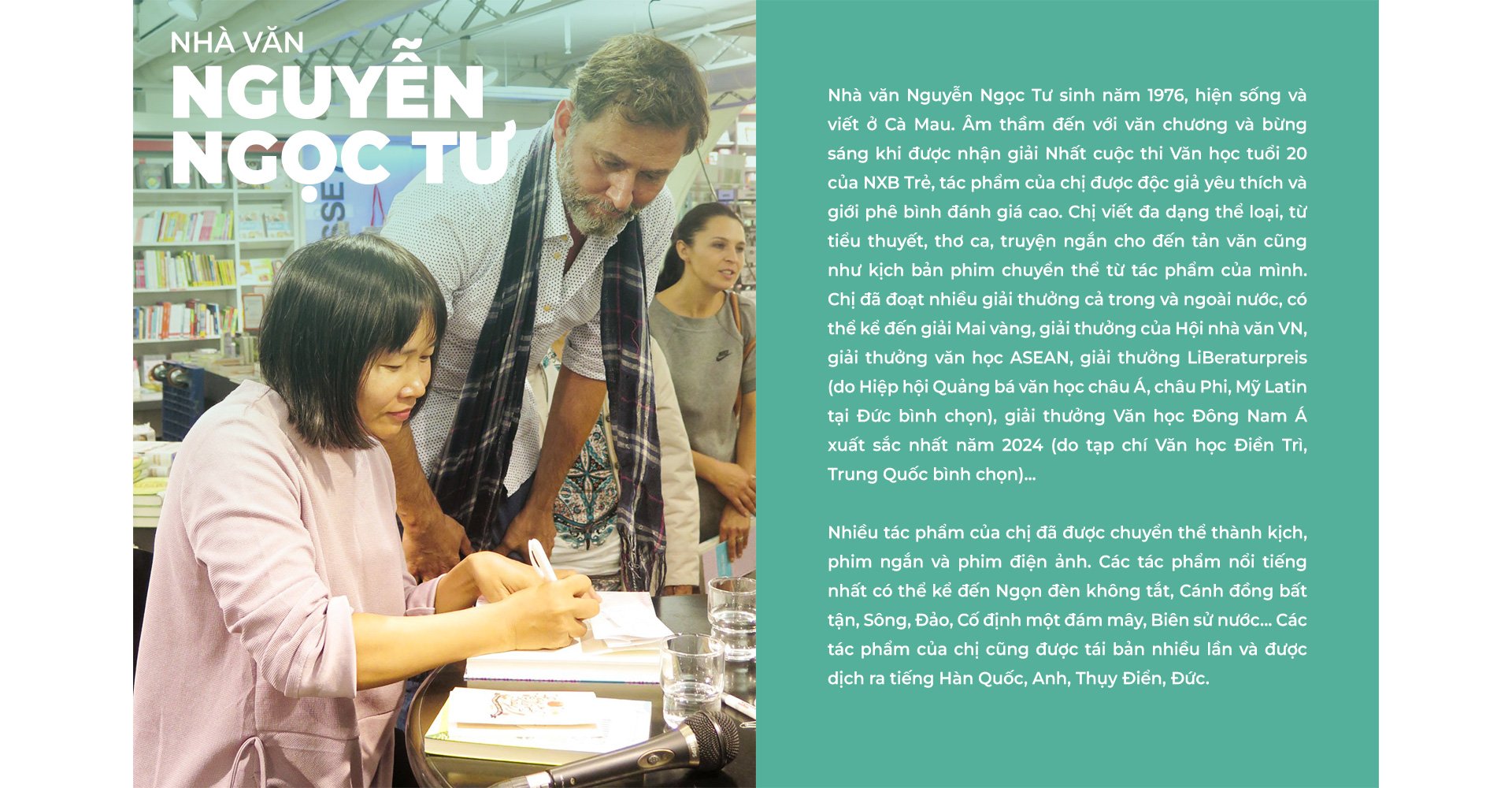

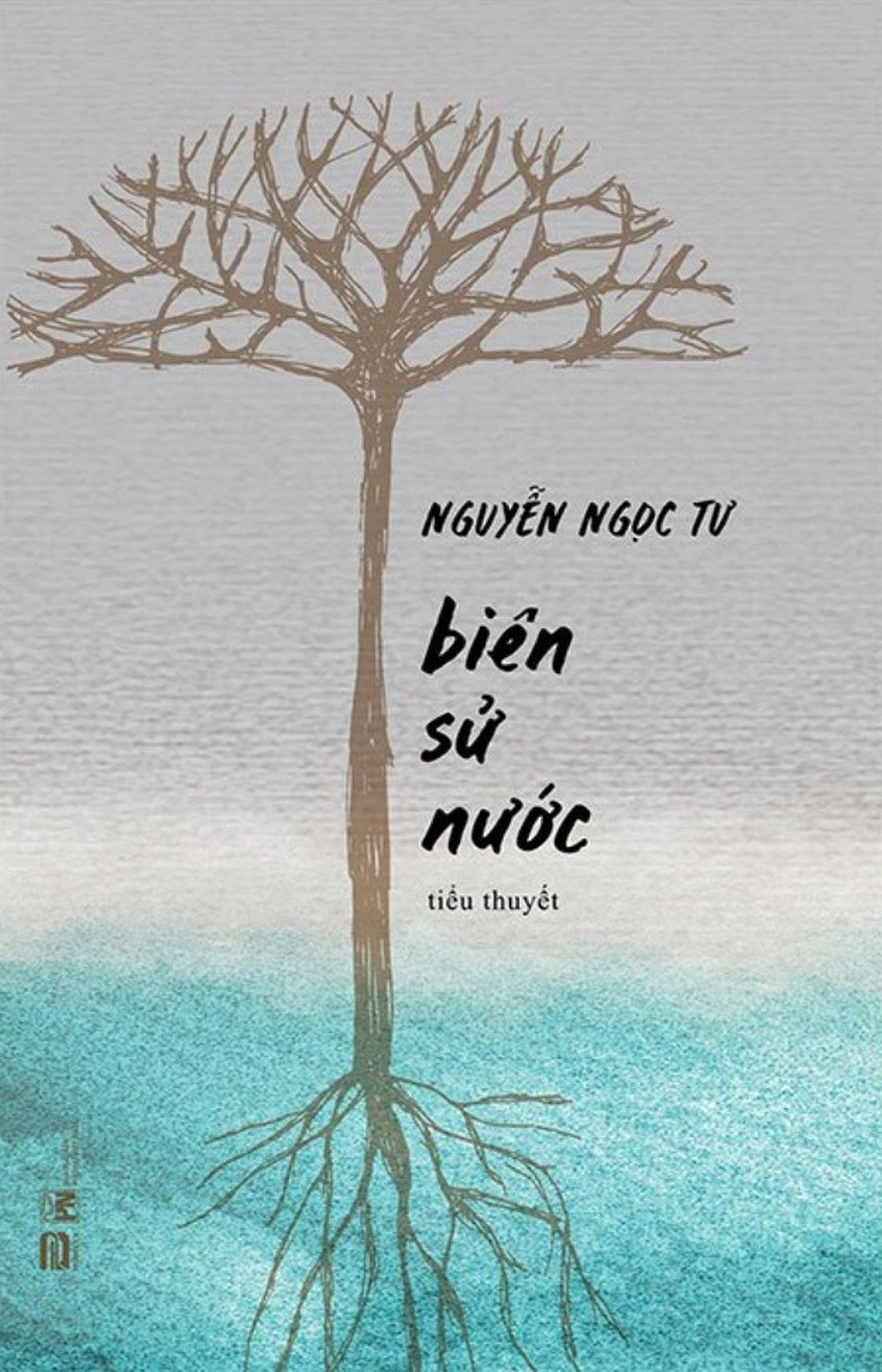
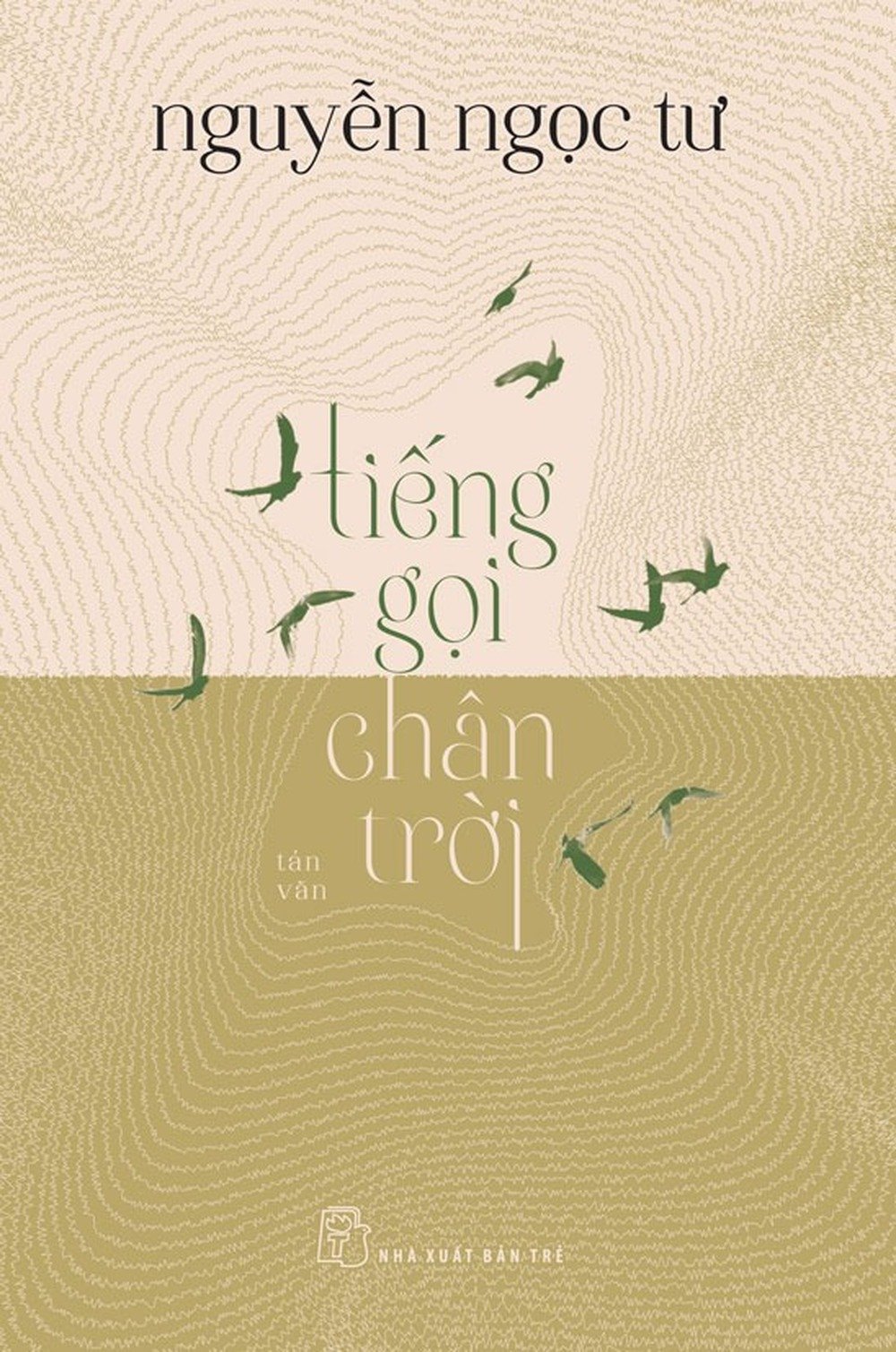
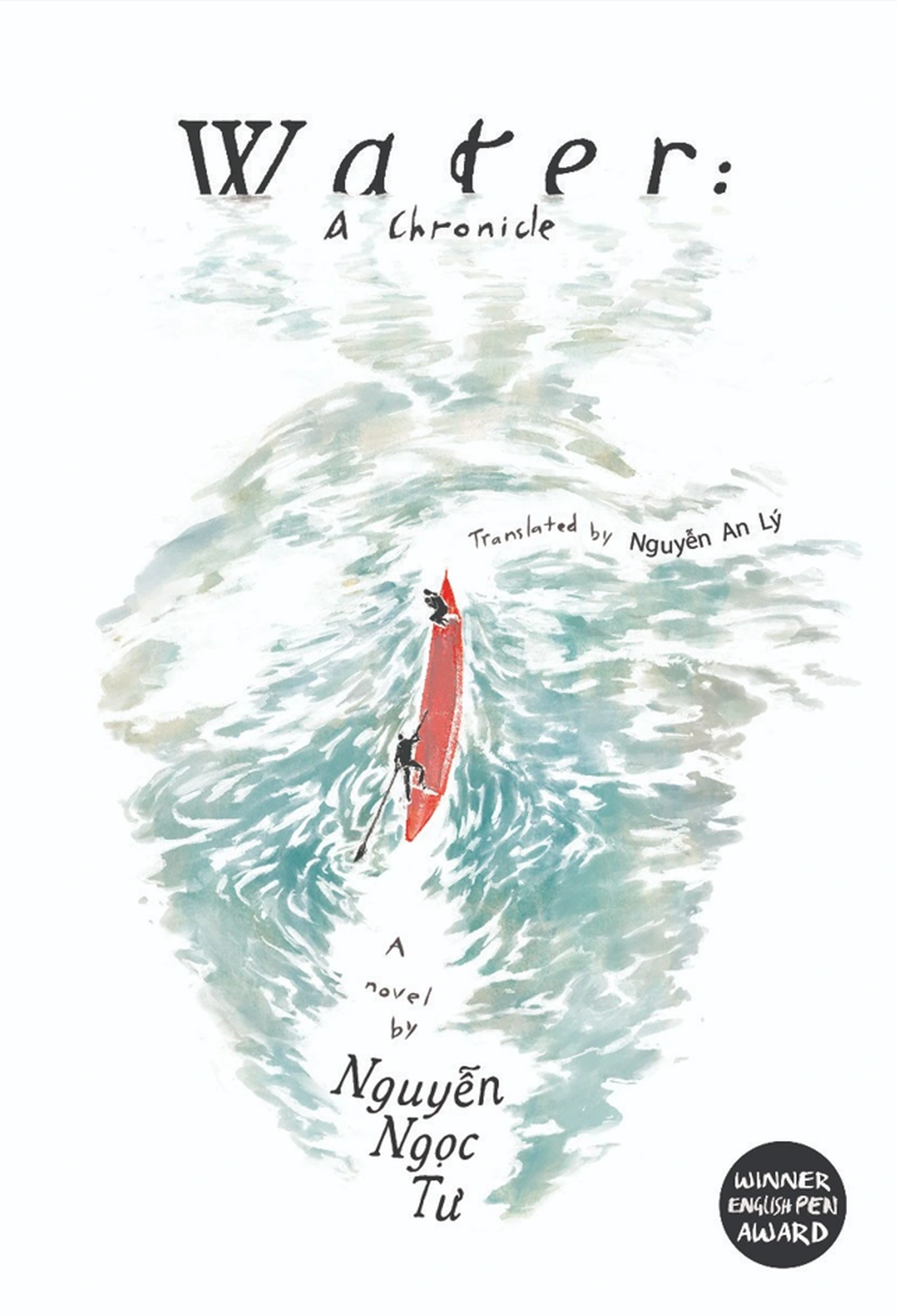
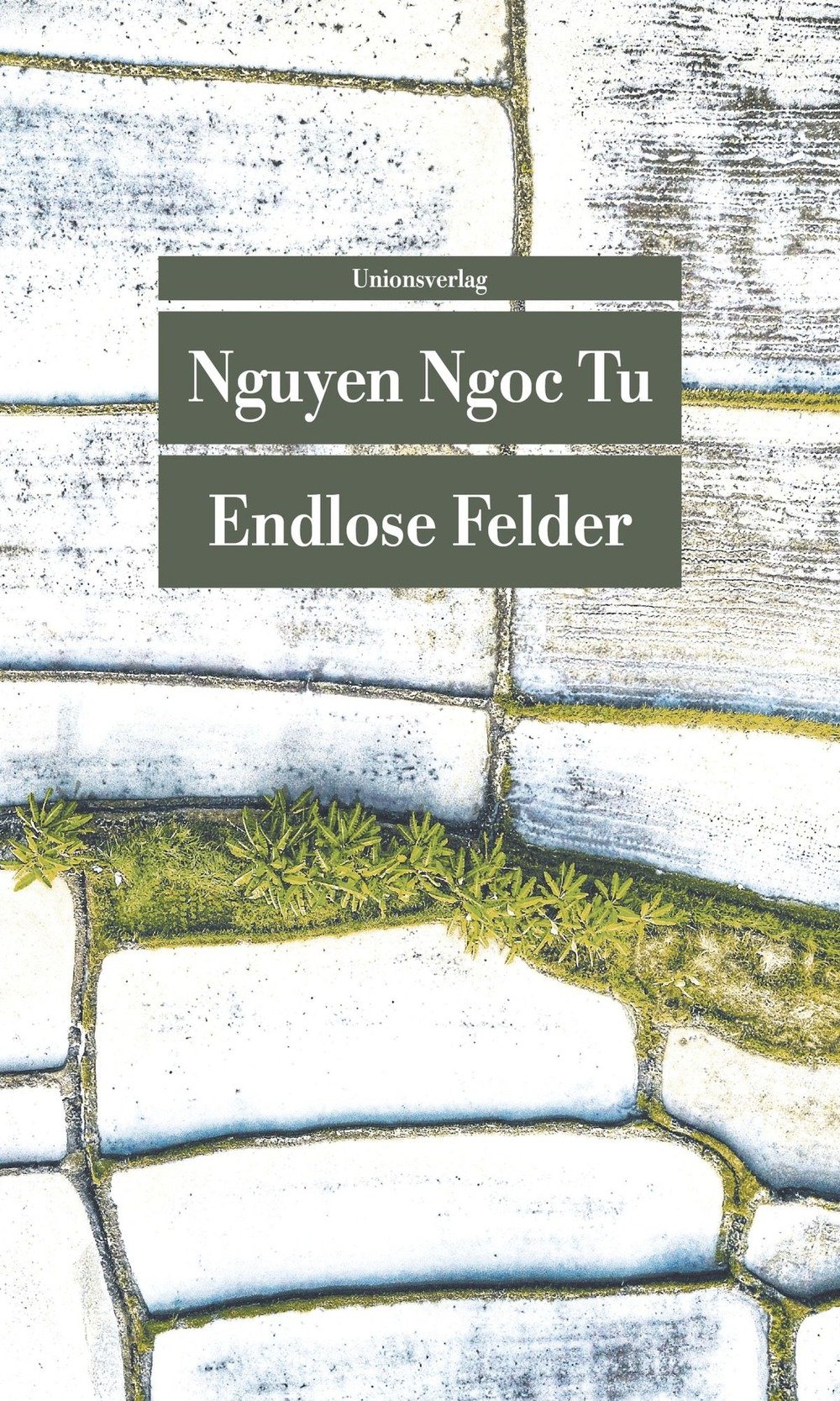

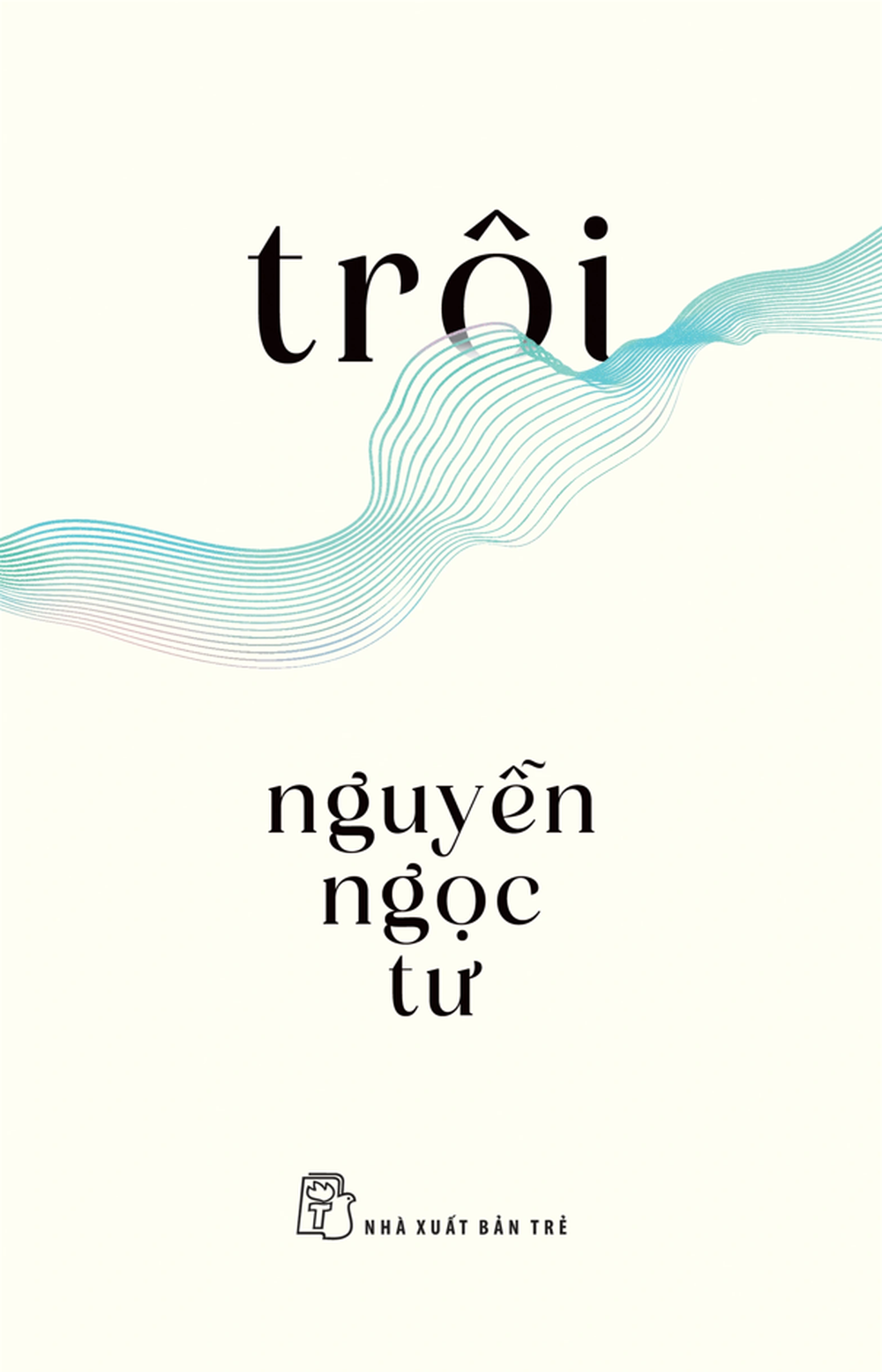
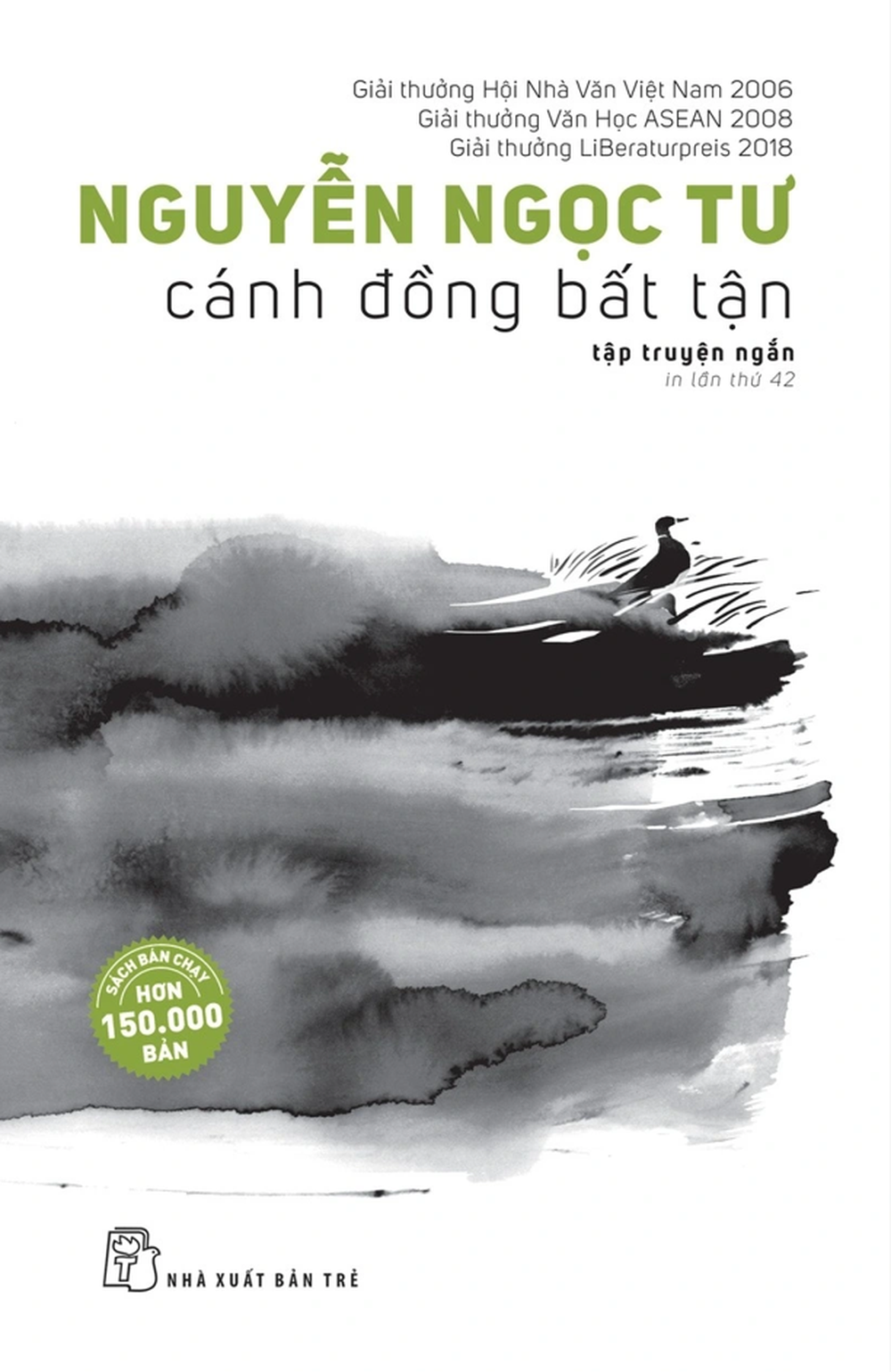
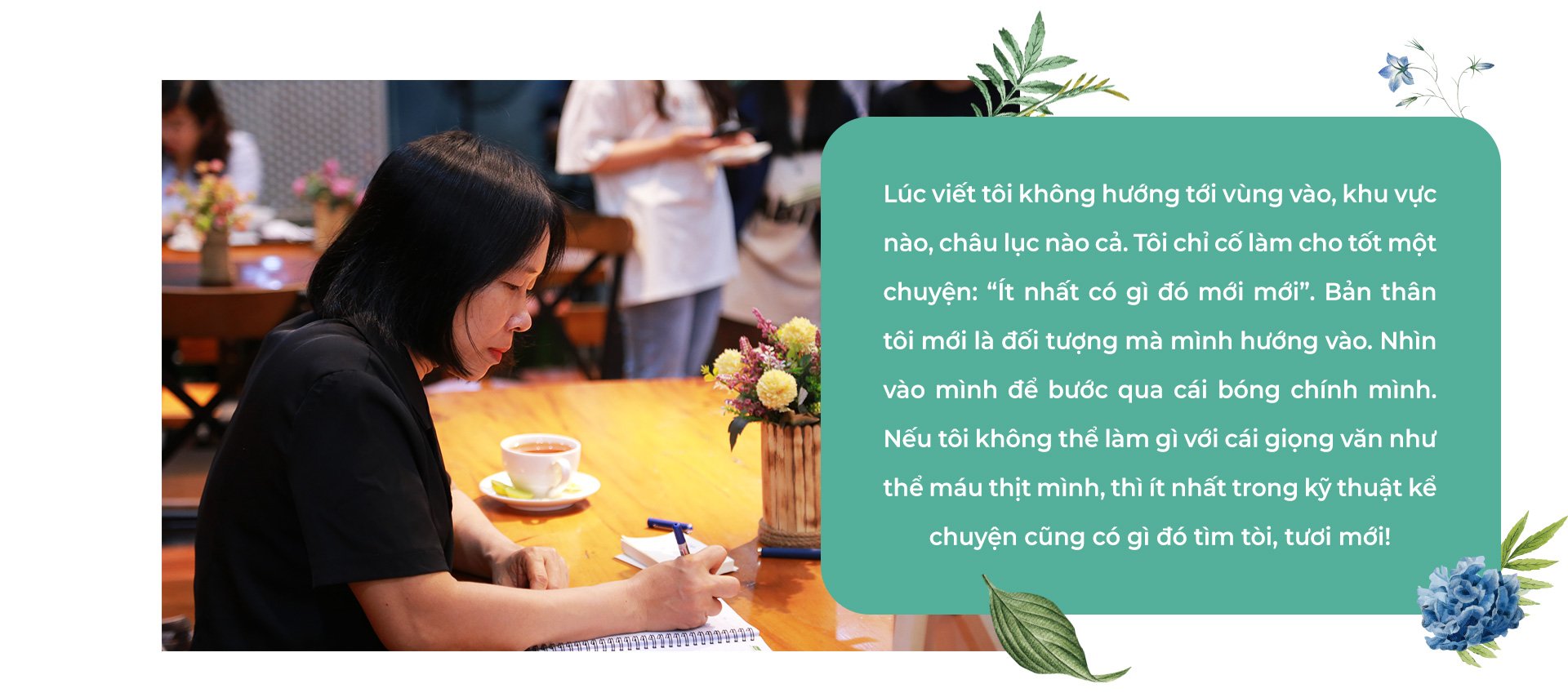
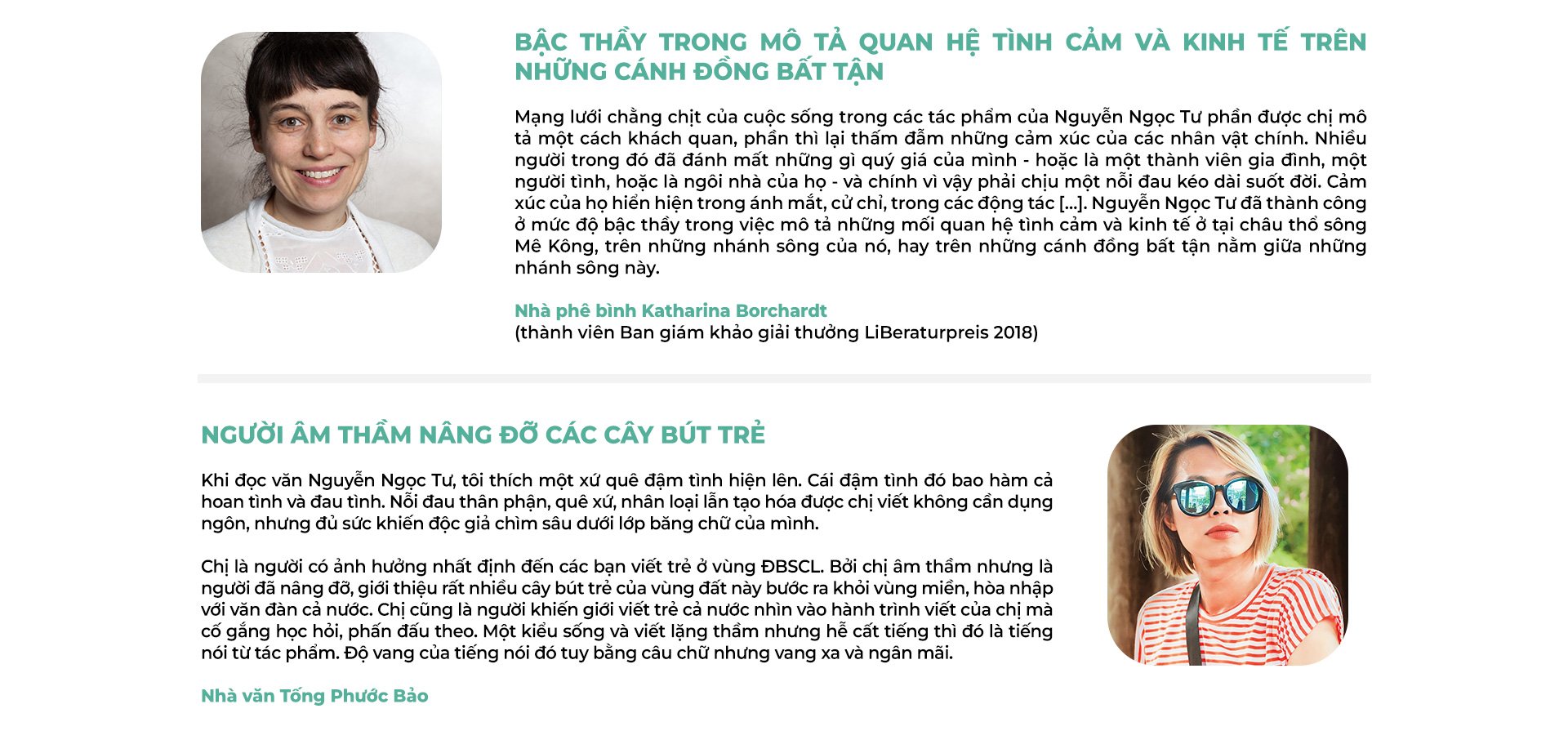
![[Photo] Multi-colored cultural space at the Exhibition "80 years of the journey of Independence - Freedom - Happiness"](https://vphoto.vietnam.vn/thumb/1200x675/vietnam/resource/IMAGE/2025/8/26/fe69de34803e4ac1bf88ce49813d95d8)
![[Photo] Prime Minister Pham Minh Chinh receives CEO of Samsung Electronics](https://vphoto.vietnam.vn/thumb/1200x675/vietnam/resource/IMAGE/2025/8/26/373f5db99f704e6eb1321c787485c3c2)



![[Photo] Prime Minister Pham Minh Chinh chairs meeting of National Steering Committee on International Integration](https://vphoto.vietnam.vn/thumb/1200x675/vietnam/resource/IMAGE/2025/8/26/9d34a506f9fb42ac90a48179fc89abb3)






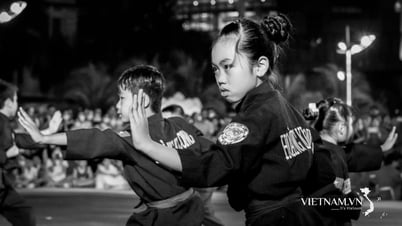
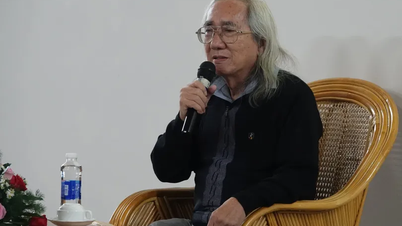



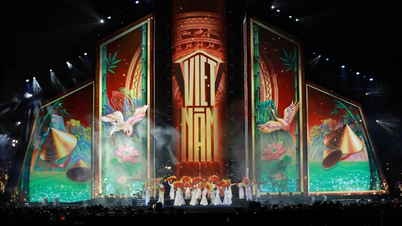












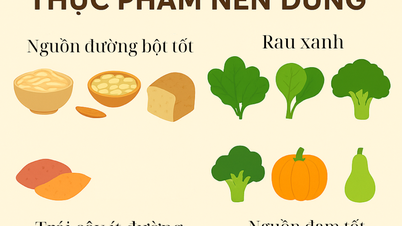































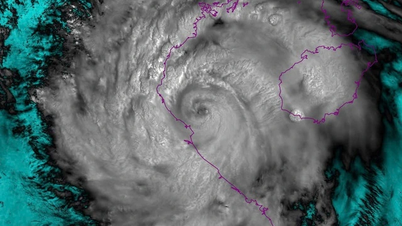






















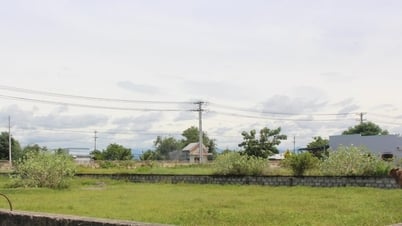





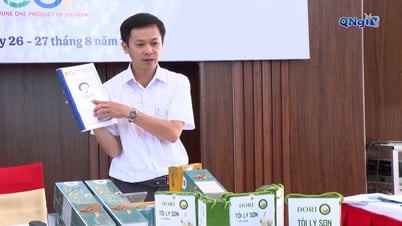









Comment (0)